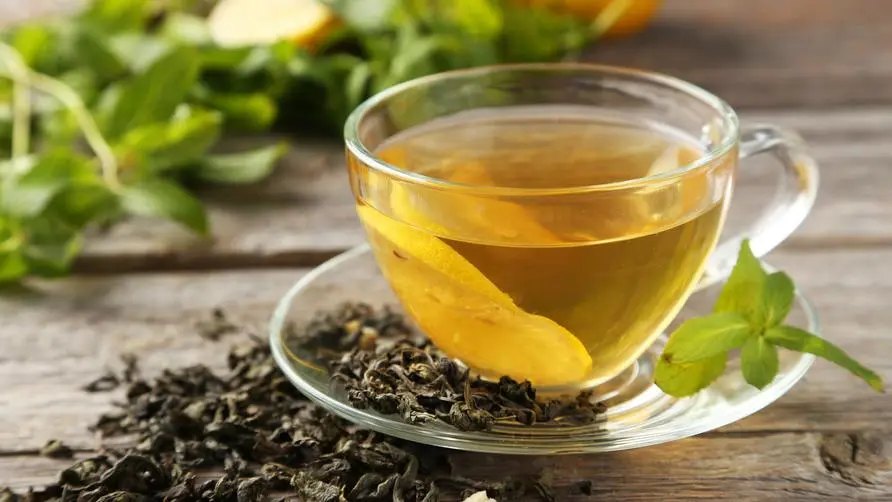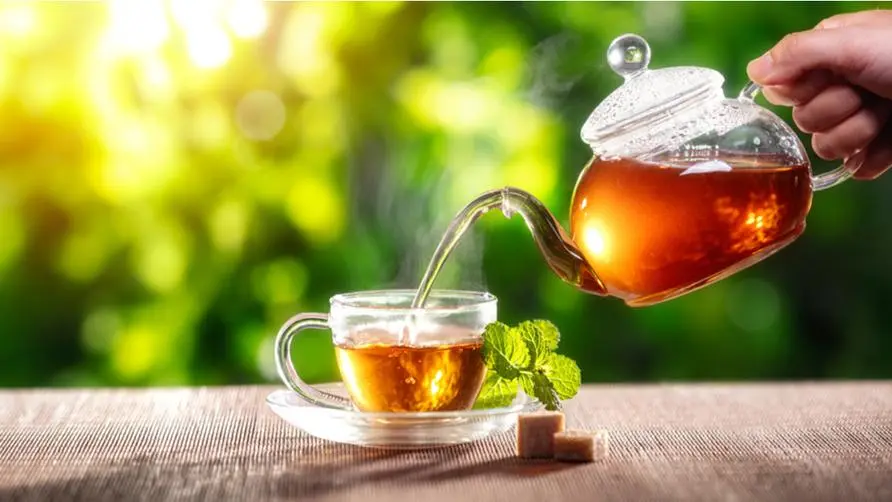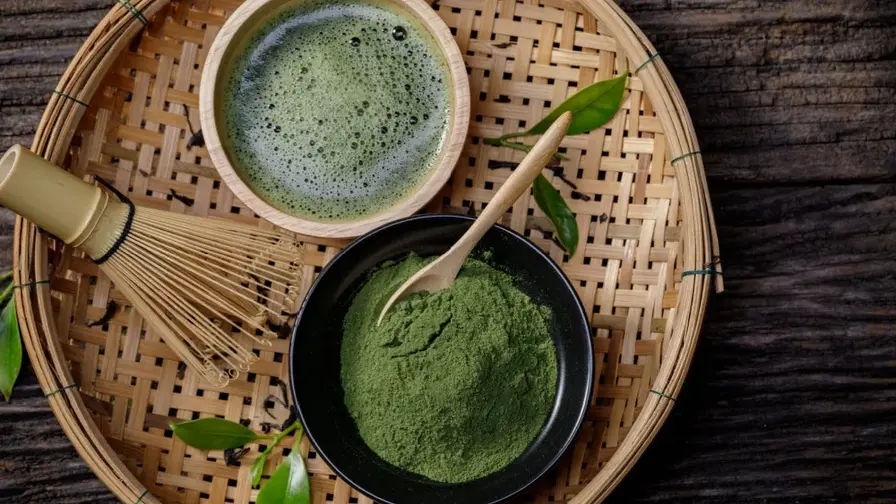Is it better to drink hand-shaken drinks than tea? Multiple studies have confirmed that moderate drinking brings "4 major benefits"

As the weather gets warmer, many hand-shaken drink shops are also seeing an influx of people. However, hand-shaken drinks containing excessive sugar are actually difficult to achieve the effect of quenching thirst! According to the Taiwan Ministry of Health and Welfare’s “Taiwanese People’s Upper Limit of Sugar Intake” guideline, drinking one cup of “half-sugar” beverage every day is already on the verge of exceeding the limit. If you like to eat foods that are heavy on sweetness and salty, you are often prone to eating excessive amounts of sugar. Unconsciously.
Therefore, before purchasing hand-shaken drinks, you may wish to consider “pure tea drinks” as your priority. Academic circles have previously clearly pointed out that the catechins and theanine in tea are beneficial to human health; research from China’s Fudan University has even pointed out that the “EGCG” catechin component in green tea may have an effect on inhibiting COVID-19. Generally speaking, based on past research, drinking sugar-free tea in a timely manner can indeed bring the following benefits:
1. Contributes to inner peace.
A small study from March 2021 found that drinking sugar-free tea was associated with improved cognitive function and helped improve short-term attention deficit. Studies have shown that the “theanine” in tea is significantly related to promoting inner peace and reducing anxiety and stress.
2. Reduce the risk of dementia.
Research from the University of Bari in Italy has shown that the “flavonoids” in tea can produce protective mechanisms against diseases such as cognitive decline and dementia. Research suggests that flavonoids have a protective effect on blood vessels for dementia caused by “vascular disease” and are speculated to be the main reason for slowing down vascular dementia.
3. Good for cardiovascular health.
A meta-study published by the U.S. National Institutes of Health (NIH) shows that drinking one more cup of tea per day reduces the risk of cardiovascular events by 2%, the risk of stroke by 4%, and the risk of cardiovascular-related death by 4%. It is speculated that the flavonoids in tea are related to reducing inflammation and oxidative stress in the body.
4. Promote immune function.
Dayong Wu, a doctor of nutrition at Tufts University in the United States, said that the health benefits of drinking tea on the immune system can be roughly divided into two categories: first, catechins can prevent viruses or bacteria from invading host tissues and limit the spread of viruses; second, The antioxidant and anti-inflammatory properties of tea itself can help prevent excessive inflammation or tissue damage in the body caused by infectious diseases. However, Wu also emphasized that more experiments are still needed to evaluate the impact of tea on human immune function.
Even though drinking sugar-free tea in moderation does have many benefits for the body, excessive intake can still cause harm to the body. For example, research in “Clinical Case Reports” has shown that excessive consumption of green tea may lead to iron deficiency anemia; the National Institute of Mental Health (NIMH) also pointed out that excessive caffeine intake may lead to worsening of mental illness and higher anxiety. It is recommended that people with related diseases should drink it in moderation to avoid harm to the body, mind and soul.
Source:
Further reading:





